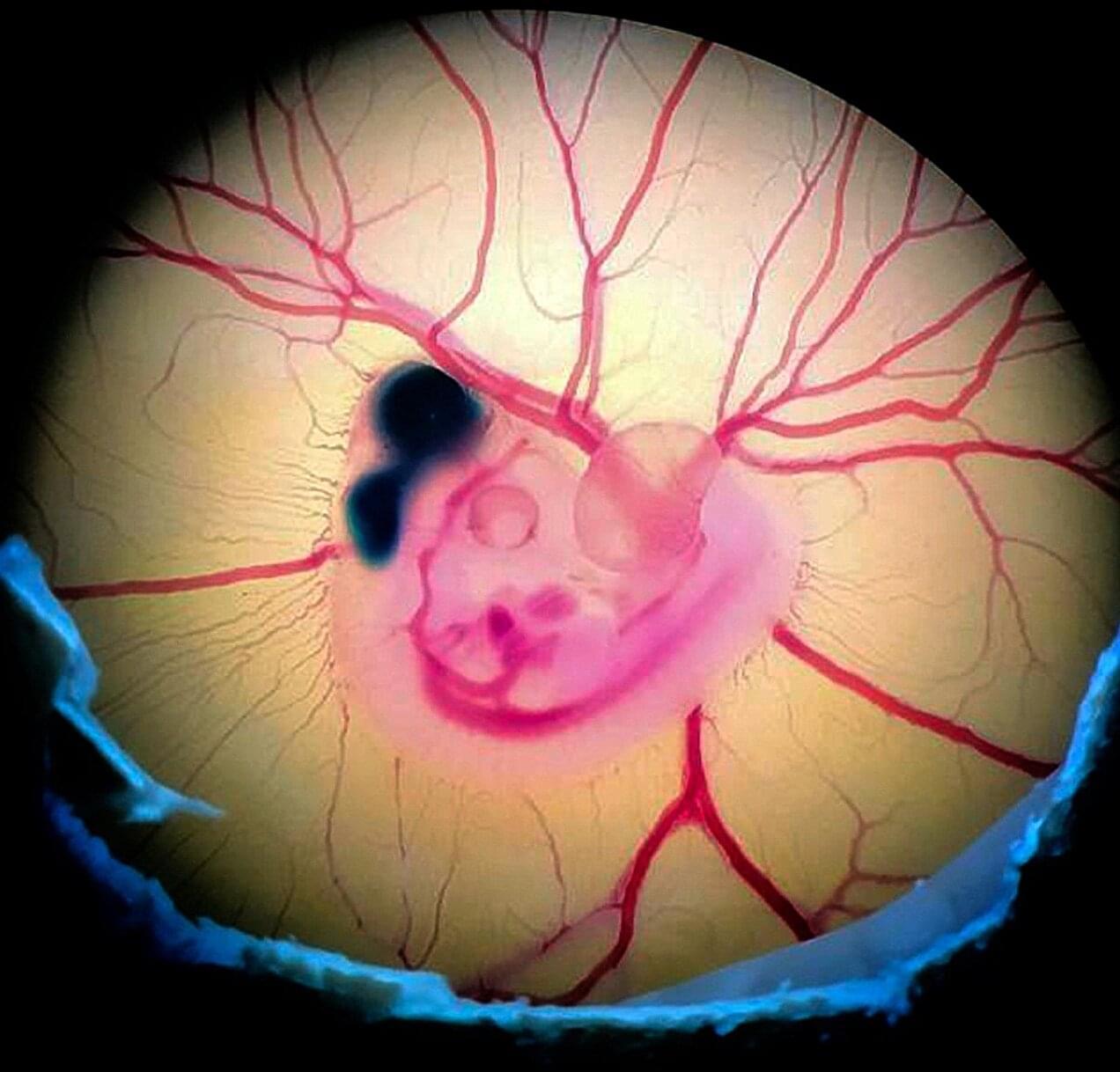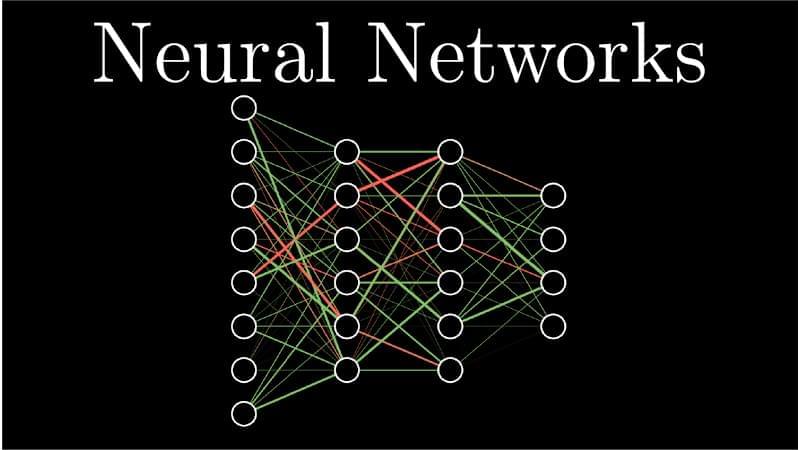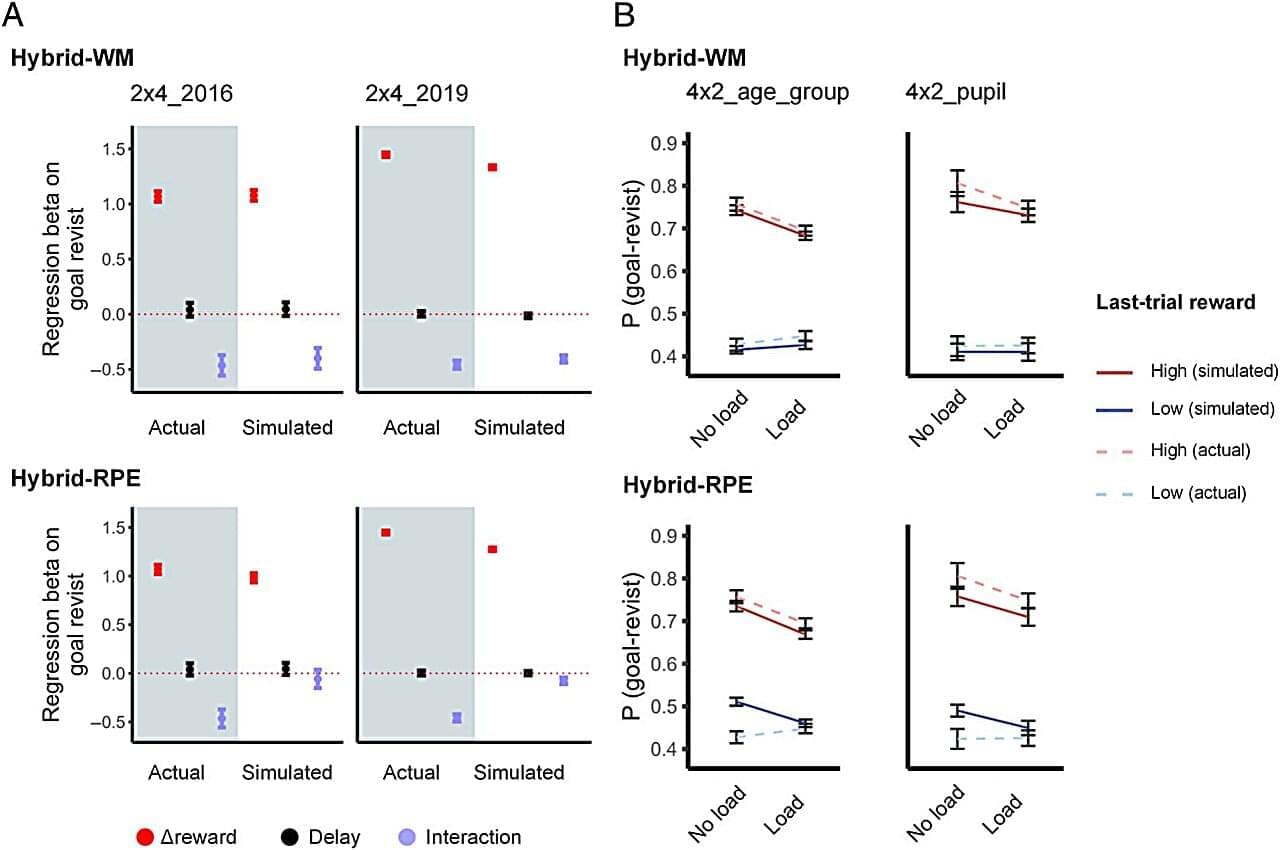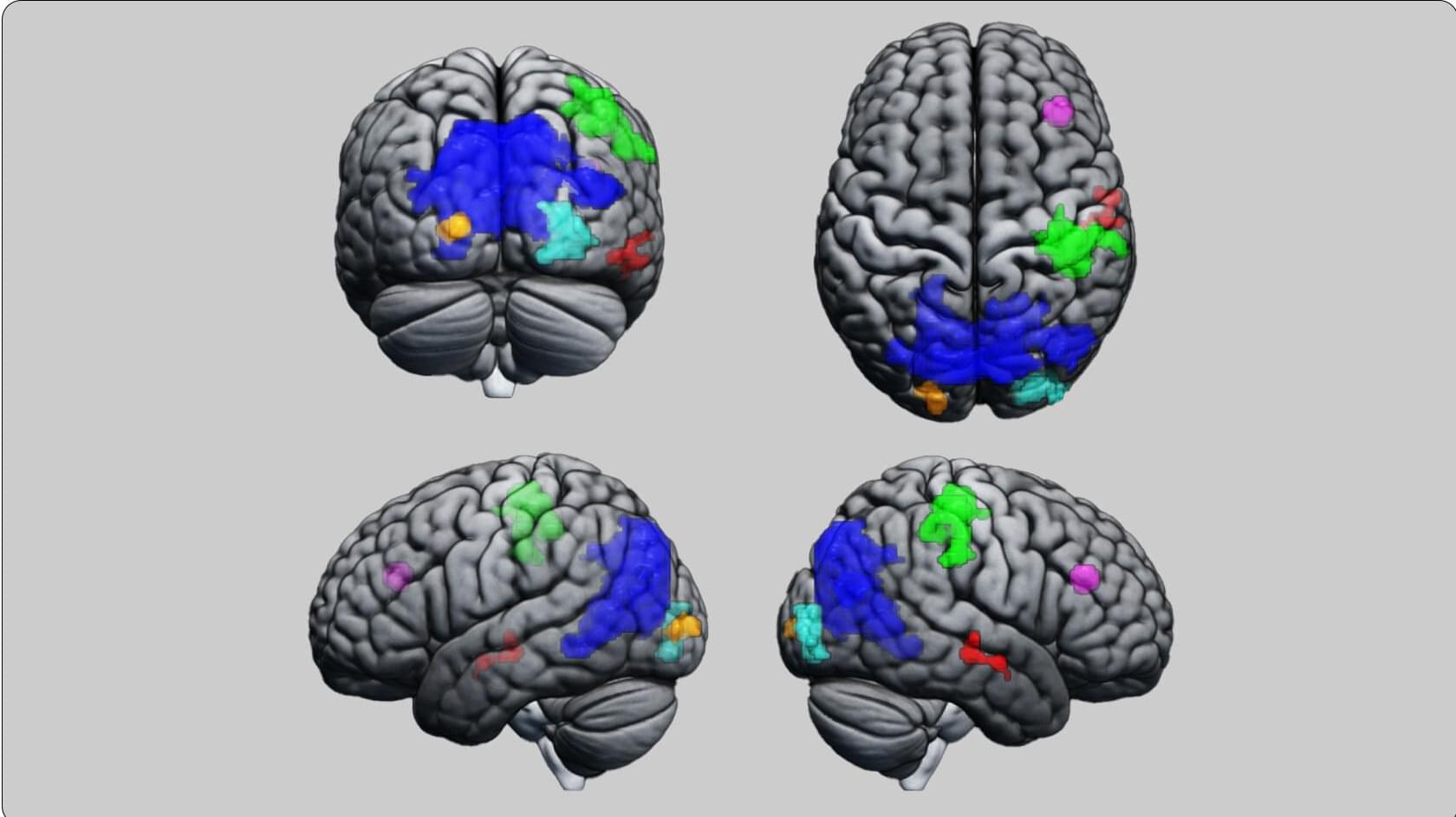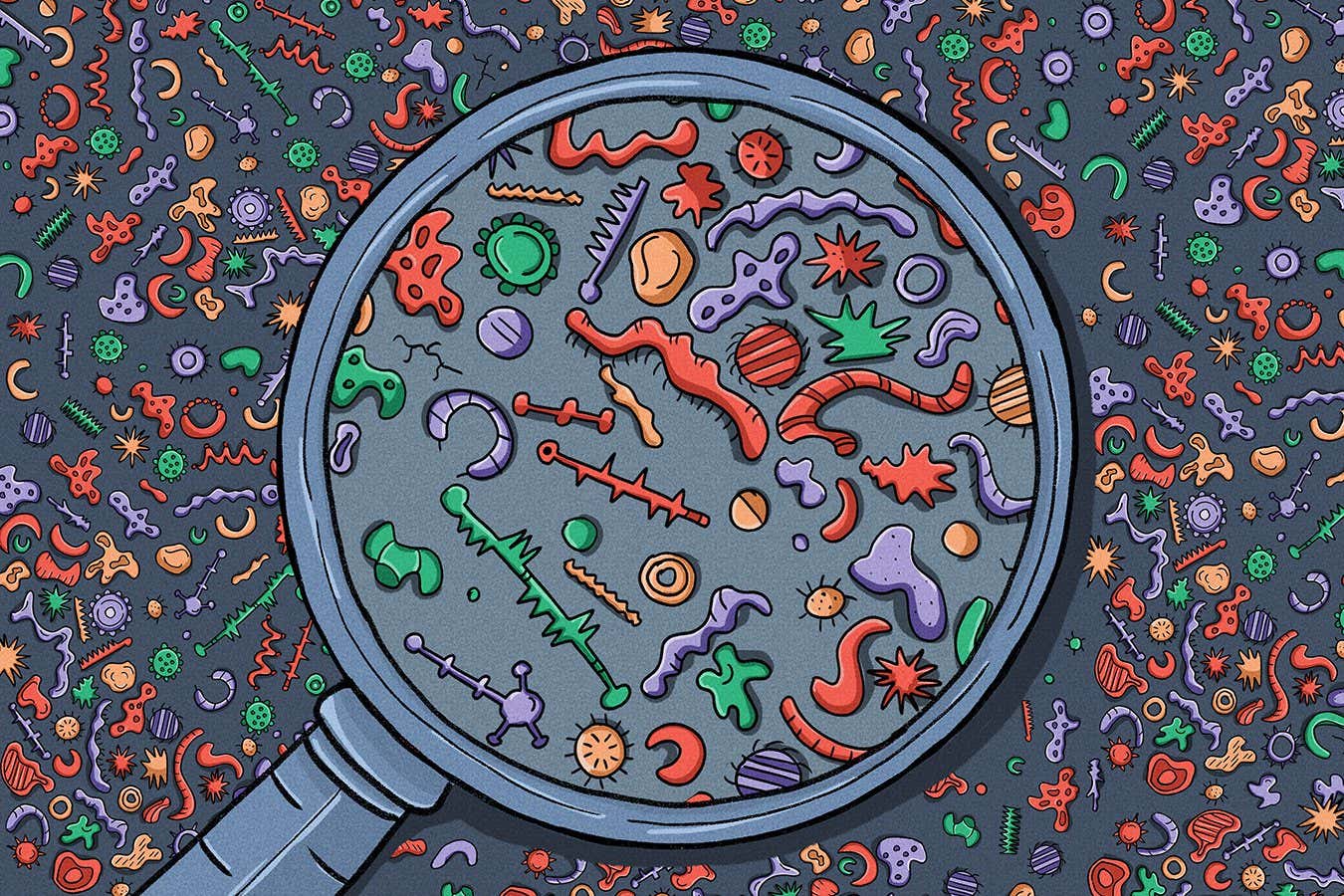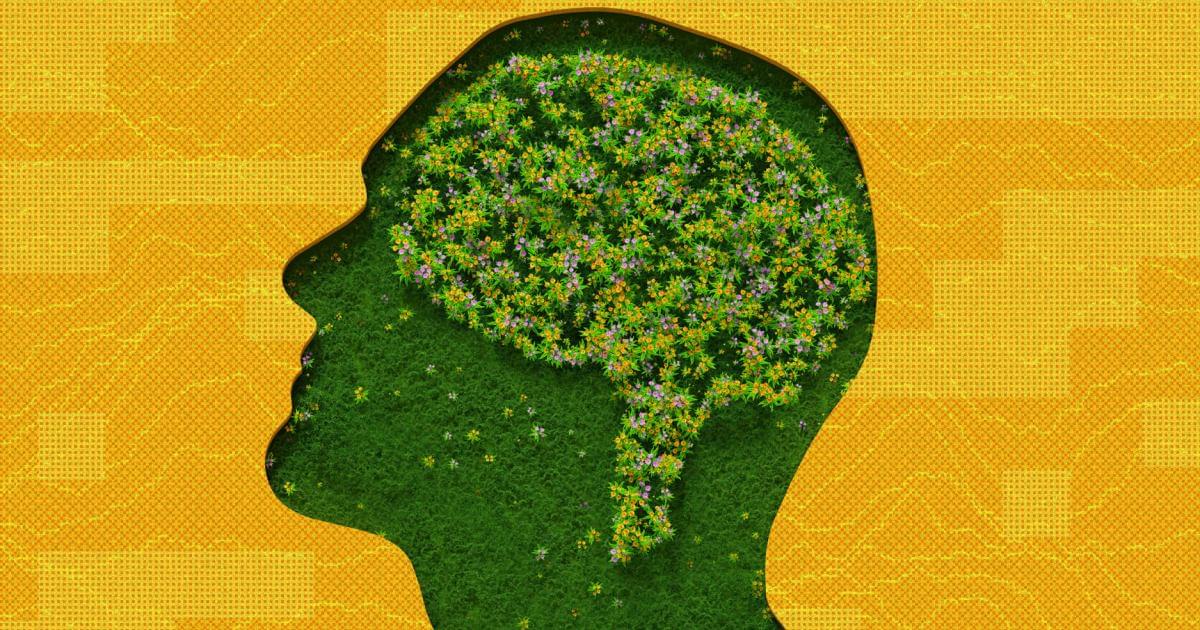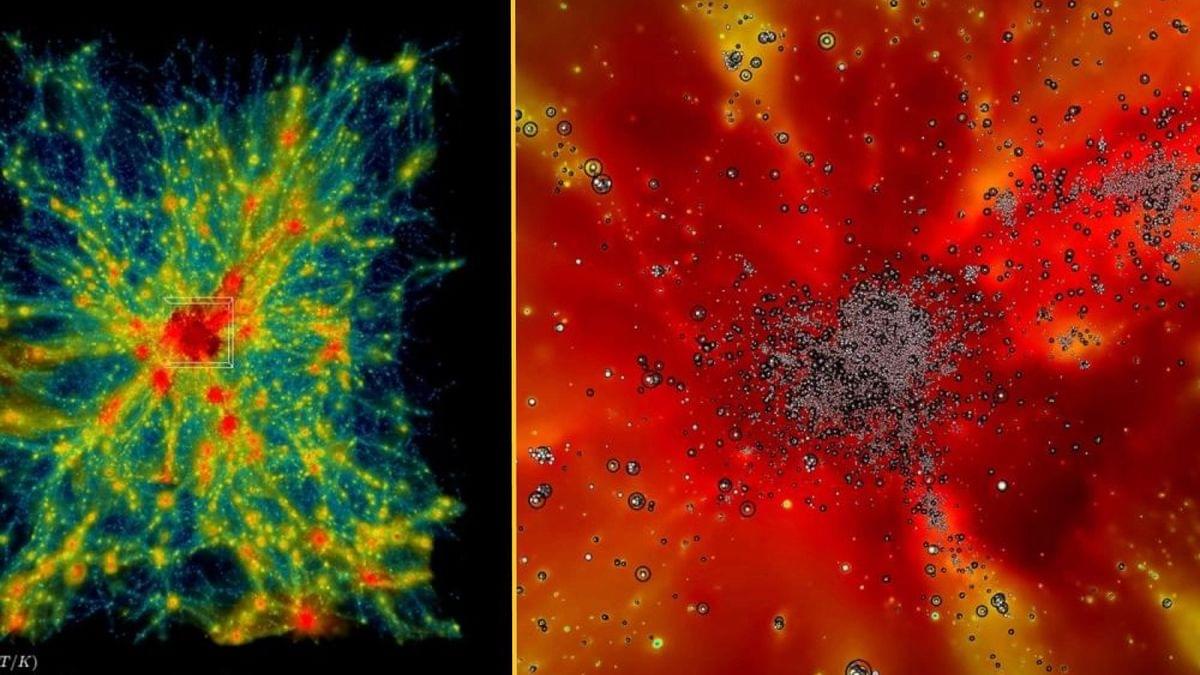Two studies published in the latest issue of Science have revealed that birds, reptiles, and mammals have developed complex brain circuits independently, despite sharing a common ancestor. These findings challenge the traditional view of brain evolution and demonstrate that, while comparable brain functions exist among these groups, embryonic formation mechanisms and cell types have followed divergent evolutionary trajectories.
The pallium is the brain region where the neocortex forms in mammals, the part responsible for cognitive and complex functions that most distinguishes humans from other species. The pallium has traditionally been considered a comparable structure among mammals, birds, and reptiles, varying only in complexity levels. It was assumed that this region housed similar neuronal types, with equivalent circuits for sensory and cognitive processing.
Previous studies had identified the presence of shared excitatory and inhibitory neurons, as well as general connectivity patterns suggesting a similar evolutionary path in these vertebrate species.
